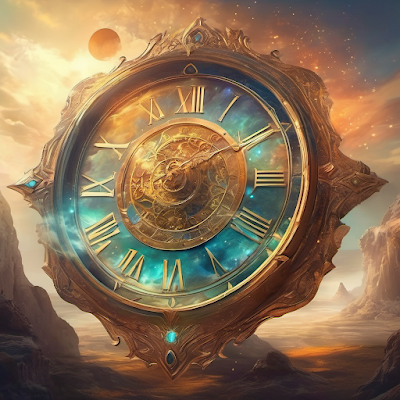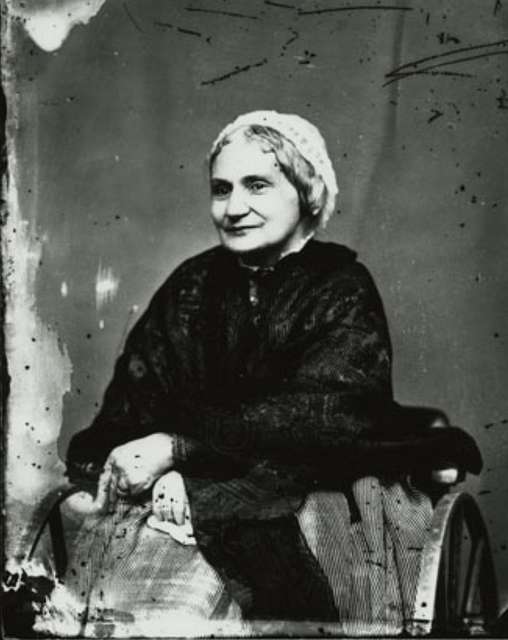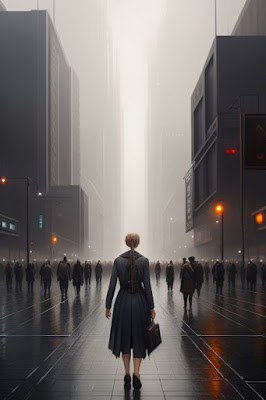Time travel fiction is a rich genre filled with various elements that captivate readers and viewers alike. Here are some key elements commonly found in time travel fiction.
Time Machine/Device: The means by which characters travel through time is often central to the story. This could be a physical machine like H.G. Wells' iconic Time Machine, a device created by advanced technology, or even a mystical artifact.
Temporal Paradoxes: Time travel often introduces paradoxes, such as the grandfather paradox (where one's actions in the past could alter their own future existence) or the bootstrap paradox (where an object or information is brought from the future into the past, creating a loop with no discernible origin).
Altering History: Characters may grapple with the consequences of changing historical events. This can lead to moral dilemmas and ethical questions about the nature of free will and the responsibility of time travelers.
Alternate Timelines/Realities: Time travel can create branching timelines or alternate realities, where different outcomes result from altered events in the past. Exploring these alternate worlds can add depth to the narrative and offer insights into characters' choices.
Butterfly Effect: Small changes in the past can have significant ripple effects on the future, known as the butterfly effect. This concept is often explored in time travel fiction, highlighting the interconnectedness of events and the unpredictability of causality.
Fixed Points in Time: Some stories feature fixed points in time that cannot be altered without dire consequences. Characters may struggle to navigate these fixed points while attempting to achieve their goals.
Time Loops: Characters may find themselves trapped in repeating cycles of time, reliving the same events over and over again. Breaking free from these loops often requires a deeper understanding of their circumstances and personal growth.
Multiverse Theory: Time travel fiction sometimes incorporates the idea of parallel universes or multiverses, where every possible outcome exists simultaneously. Traveling between these parallel worlds can open up new narrative possibilities and philosophical explorations.
Temporal Guardians/Authorities: In some stories, there are organizations or individuals tasked with regulating time travel and preventing its misuse. These temporal guardians may act as mentors, guides, or adversaries to the main characters.
Personal Consequences: Time travel can take a toll on the mental and emotional well-being of characters, as they grapple with the weight of their experiences and the knowledge of what could have been. Themes of loss, regret, and redemption often play a significant role in these stories.
By weaving together these elements, time travel fiction offers a captivating exploration of human nature, destiny, and the nature of time itself.
Backstory for Timekeeper's Enigma
In the quiet town of Everbrook, nestled between ancient forests and rolling hills, time had always been a reliable companion. That is until the day it disappeared.
It started subtly, with clocks ticking slightly faster or slower than usual. Residents shrugged it off, blaming it on old mechanisms or changing weather patterns. But soon, watches stopped altogether, and digital displays froze mid-second. Panic spread like wildfire through the town as people realized they were trapped in a timeless limbo.
The town's only hope lay in the enigmatic figure known as the Timekeeper, rumored to be an ageless guardian with the ability to control time itself. Whispers of their existence had always circulated in Everbrook, but few had ever seen them.
As the town plunged into chaos, a young journalist named Eliza vowed to uncover the truth behind the Timekeeper's legend. Armed with her notepad and determination, she delved into Everbrook's history, uncovering forgotten tales of time manipulation and ancient prophecies.
Her investigation led her deep into the heart of the forest, where whispers spoke of a hidden grove guarded by time's magic. There, amidst the gnarled trees and shimmering light, she encountered the Timekeeper.
Today's Writing prompt: The Timekeeper's Enigma
1. Choose the time travel element you want to base your story on
2. Write a scene based on the above prompt and incorporating the element of your choice.
3. The goal of this prompt: Reveal the truth about the Timekeeper.
Additional prods for poking your muse if you are stuck:
Time is not a force to be controlled but a balance to be maintained and something has disturbed the balance. If the balance is not restored, what happens to Everbrook?
- Does Eliza join forces with the Timekeeper or does she have to work solo?
- Provide at least two clues to unravel
- Ability to travel through frozen moments in time
- Battle against unseen/visible forces
- Discovery of a hidden ritual in the past to restore time's flow










